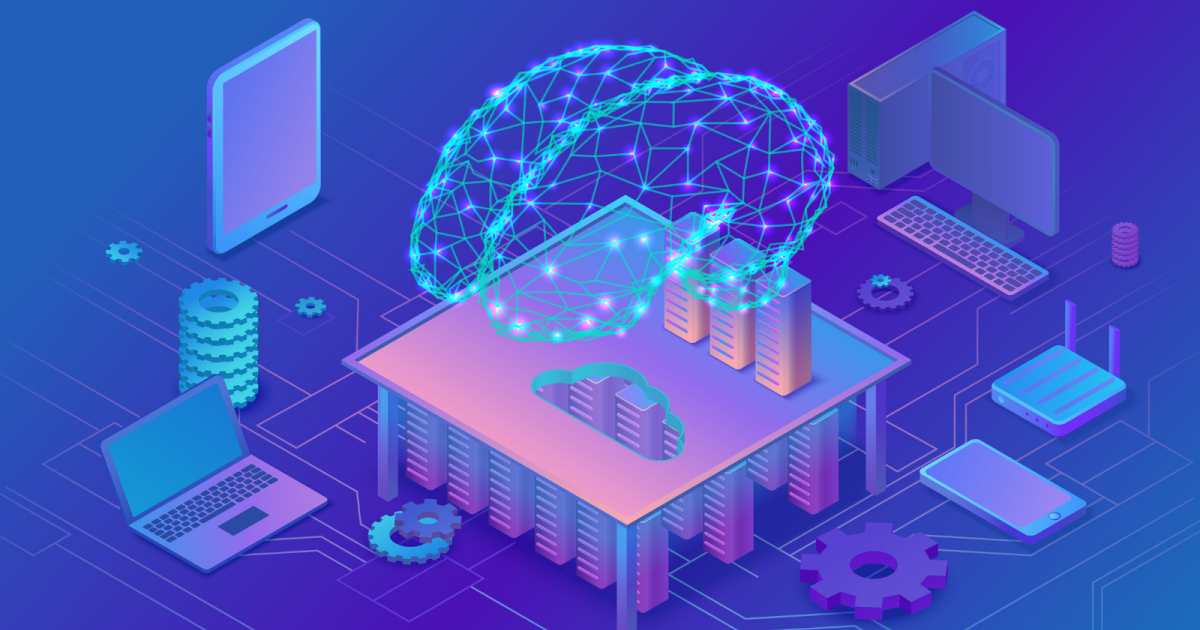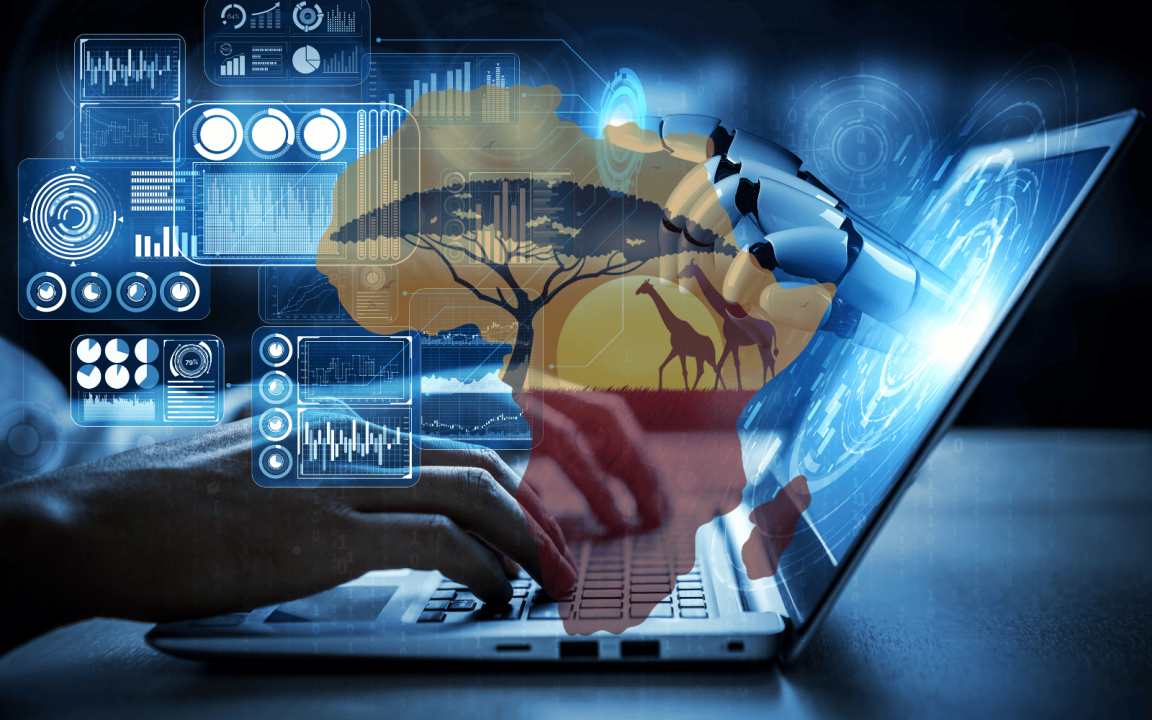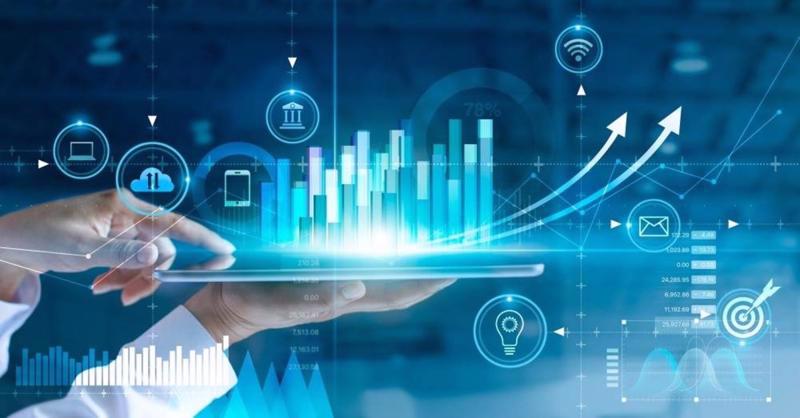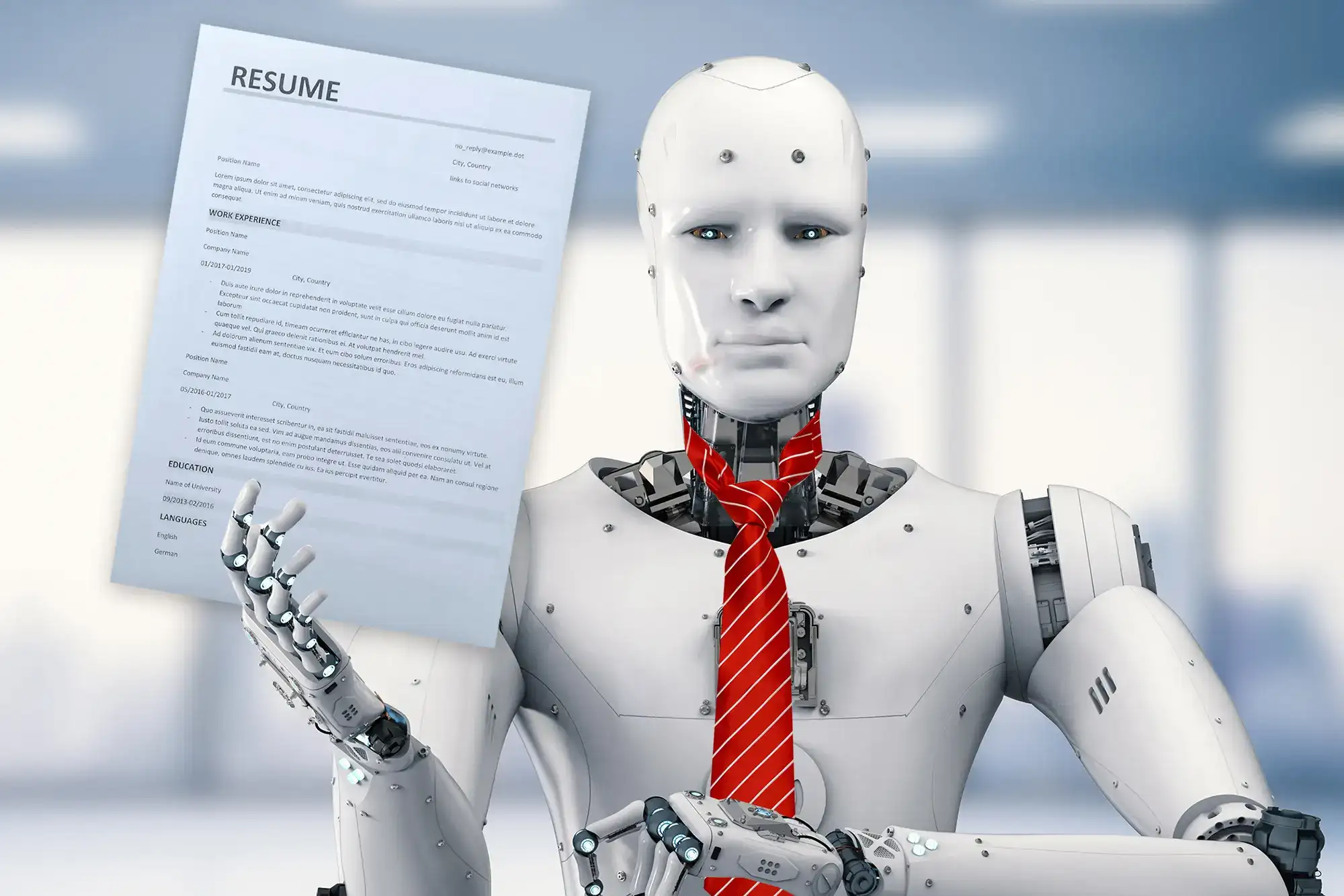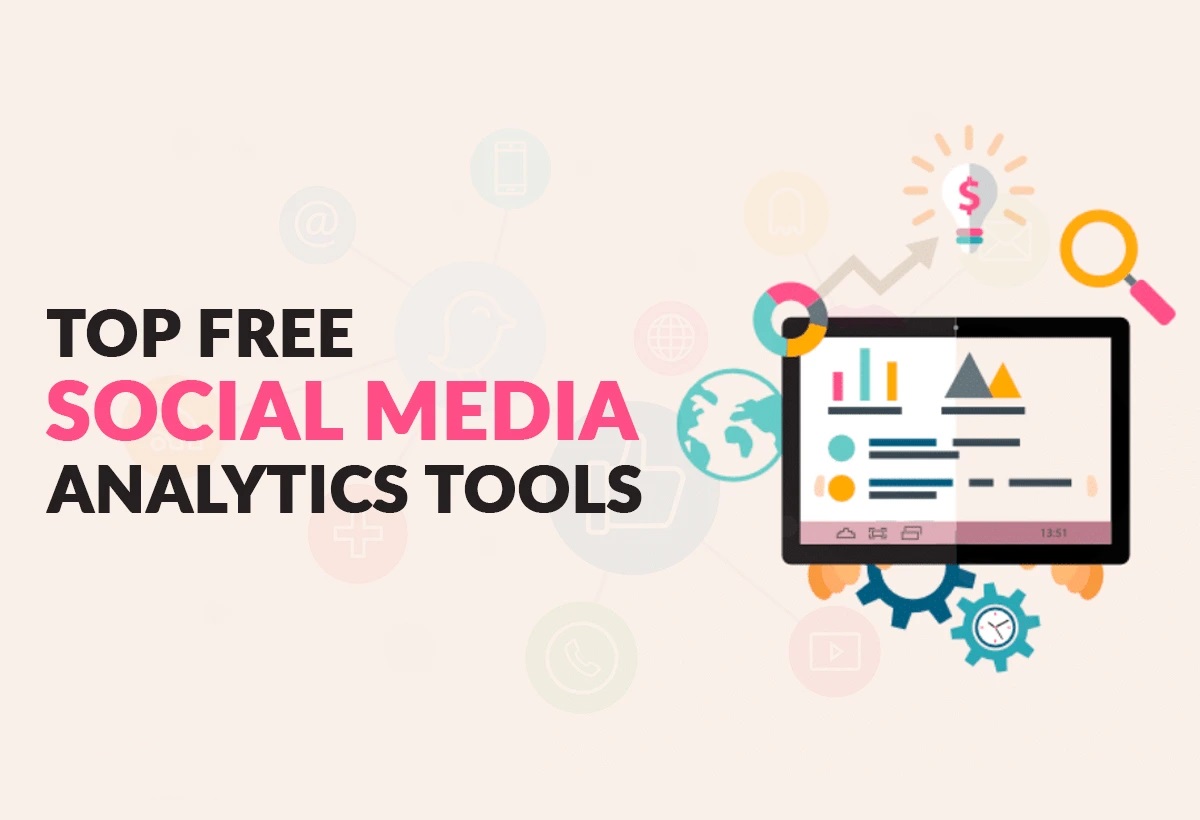How is AI impacting emerging economies? It’s transforming them in powerful ways. Imagine countries leaping ahead, skipping steps that once took decades. That’s what’s happening as AI shapes economies once labeled ‘developing.’ I am seeing it firsthand. AI isn’t just about fancy robots or gadgets; it’s the muscle pushing growth. It’s turning small farms into productive powerhouses and making healthcare access a reality for those once forgotten. Kids in remote villages are learning like never before because AI brings world-class lessons to their fingertips. The tech isn’t just knocking on the door; it’s bulldozing walls that stood between millions and a brighter economic future. Dive in with me as we explore the unleashed opportunities bringing new life to these vibrant markets.
The Economic Transformation Powered by AI in Emerging Markets
AI-Driven Economic Growth in Developing Countries
AI is changing how we grow wealth in poorer lands. Think of AI as a fast track that boosts the way we make and do things. It’s like a smart friend that helps you spot a short cut. This friend pushes ahead growth and gives new chances for people.
AI helps farmers know when to plant and harvest. It spots sick crops, so farmers can act fast. This means more food and money. Health workers get help from AI, too. They use it to find diseases quicker and treat them better. Better health means folks can work more and dream big.
AI also makes it easier to learn new things. It reaches out to far places where schools are too far or not there. With AI, a child in a small village can learn just like one in a big city. This could mean more kids can read and write, opening doors to new jobs.
From chatbots in stores to bots that help you save money, AI is everywhere. It gives new chances to small businesses and makes buying things easier. This is how AI helps poor areas jump ahead and join in the world’s economy.
AI’s Impact on GDP in Emerging Markets
Now, let’s talk money. AI can really push up the money a country makes. That’s the GDP. When AI steps in, it can double the pace at which economies grow. This means people get richer faster.
For every job AI changes, it can make many more. It sparks new ideas for businesses that no one thought of before. Look at mobile tech. It joins hands with AI to make it easy for folks to sell and buy with just a tap. This grows the whole market.
But it’s more than just making and selling stuff. AI helps towns turn smart. Things like lights and buses work better, saving time and keeping cities clean. Also, AI helps keep your lights on by making energy from the sun and wind work better.
When countries put money into AI, they’re betting on a better future. They build new roads for data to travel and ideas to grow. Smart leaders set rules that make sure AI helps everyone and keeps their secrets safe.
AI can be a powerful tool that gives more people the chance to do well. It can help make a world where no one is too poor to dream. That’s the hope AI brings to our doorsteps. But we must all work to make sure these dreams turn real. That’s the next chapter in our story with AI.
AI Leapfrogging Traditional Technologies in Key Sectors
AI in Agriculture: A Revolution in Food Security
Imagine a farm where crops seem to grow by magic. No, it’s not make-believe; it’s AI in action. AI is changing how people farm, making sure we have enough food. With smart AI tools, farmers can now spot sick plants early or know just the right amount of water needed. It’s like having a helper that never misses a thing! This means more food for everyone and less waste.
Now, let’s talk money. When farms do well, they make more money and can pay workers more, too. This helps everyone in the town buy what they need and send their kids to school. So, AI in farming is not just about plants; it’s about giving people a chance to do better.
Technology Leapfrogging with AI in Healthcare and Education
Let’s leap over to health and learning, where AI is also doing big things. In some places, seeing a doctor can be hard, but AI is changing that. Now, with AI, a person can get health tips or check their sickness on a phone. AI can look at x-rays, too, and help doctors find problems fast. This means better health for more people, and it’s all thanks to AI.
School time! AI makes learning fun and helps teachers. It can give kids extra help with reading or math. Sometimes, it’s as easy as playing a game on a tablet. With AI, all kids get a fair shot at learning, no matter where they live.
AI can bring books, lessons, and even a whole classroom to a kid’s home. No need for a big, fancy building. This is great because when kids learn more, they can dream big and make those dreams come true.
AI is not just about cool robots; it’s a helping hand for farmers, doctors, and teachers. It makes sure no one is left out, whether they live in a big city or a small village. It’s about having food on the table, being healthy, and learning new things. AI is a powerful friend for places that want to grow and do better. And that’s a future we all want to see.
Building Workforce Resilience: AI and the Future of Jobs
Job Creation through AI Technology
AI is changing how we work and creating new jobs. In emerging economies, AI’s role is crucial. It brings jobs we never thought possible. New tech companies pop up, hiring people with AI skills. Other industries grow too, as AI boosts their work.
For example, AI in farms means bigger harvests. More food needs more hands to handle it. So, more jobs are made. In cities, AI helps manage traffic and services. It makes life better and opens new job types. These jobs need people to think new, work with machines, and keep learning.
AI doesn’t just take old jobs. It makes new ones. We must be ready to learn and adapt. Schools and training centers should teach AI skills. This makes sure people can take these new jobs. And it ensures our work does not get lost, but grows with AI.
AI and the Future of Work: New Skills and Roles
AI asks for new skills. We must know how to work with smart machines. We must learn to use data and tech. Some must learn to create AI tools or keep them safe. Others must learn to use these tools in their work. All workers should grow their tech skills. This helps everyone stay useful in an AI world.
With AI, some old jobs change, and new ones come. For example, we used to have lots of bank tellers. Now, with online banking, we need fewer. But we need more cybersecurity experts to keep online banking safe.
AI also helps us work from far away. This is good for places with few job options. They can work with anyone in the world. And AI helps make these long-distance jobs easier and better.
Learning AI skills is key. All over the world, programs are popping up. They help people learn AI and tech skills. This keeps people in the running for new jobs. With these skills, workers in emerging markets can join in on global job chances.
To keep up, we need good policies. Governments and companies must work together. They should set up learning programs and make sure everyone has a fair shot at these new jobs. With these steps, AI can help all people find good work and a place in the future. We all can grow with AI. And we must make sure no one is left behind.
Fostering Inclusive Growth: AI’s Role in Access and Equality
AI and Financial Inclusion
AI is making money matters simpler and fair. It helps banks decide who gets loans. This is big news for folks who had no bank help before. Now, they can start businesses and change their lives.
Many folks in emerging economies don’t use banks. AI tech makes mobile banking possible. Now people can save, send, and get cash with just a phone! They can now build a new future for their families.
AI helps banks find out who really needs a loan. It looks at how you spend your money. This way, even without a long history of bank use, you can get help. AI makes sure everyone gets a fair chance.
This change means more creativity and more chances for folks. When people can get money, they can make their dreams real. With AI, even somebody starting small can make it big.
AI’s Influence on E-commerce and Small Businesses Efficiency
Have you ever shopped online? AI is changing how we buy things! It helps small shops sell their stuff far and wide. It helps shops know what you like. It makes shopping fun and easy for everyone.
When we use AI, small businesses become better. They save time figuring out what customers want. This means they can sell more and grow big faster. It’s like having a smart helper that never gets tired!
AI tools look at a lot of data. They help shops find the best way to get goods to you. With clever routes, stuff gets to you faster. Even when the shop is small, it can get things done like a big one.
AI also watches the shop for you. It tells the owner if a product is almost gone. This means you don’t go to buy something and find out it’s not there. AI keeps everybody happy – the shop and you!
Small businesses, with AI, can take on the world. They don’t need big storage places. They just need a good idea and AI tools. Now they can sell to anyone, anywhere. This makes our world feel smaller and friendlier.
With AI, even the smallest shop can mix it up with the big guys. It’s not only about selling more; it’s about making new jobs and better lives. It’s about dreams getting off the ground and reaching the sky!
AI is not just for the rich places; it’s for everyone. Small shops in every corner of the world are now in the race. They can make, sell, and grow with AI’s magic touch. It’s a fair shot for all.
AI isn’t just a fancy thing for tech folks. It’s a tool that changes lives in every street and town. It gives a push to those who have big plans but little help. AI’s here, and it’s making the world a place where everyone can win.
In this post, we dug into how AI shakes things up in emerging markets. We saw how AI-driven growth helps developing countries and boosts GDP. AI isn’t just a helper; it’s a game-changer, jumping over old tech in farming, health, and learning.
When it comes to work, AI isn’t just taking jobs; it’s making new ones and changing the skills folks need. And the best part? It’s opening doors for more people to bank, shop, and run a business with just a few taps on their phone.
AI is big news for everyone, everywhere. It’s not just about robots or fancy tech. It’s about making life better, fairer, and full of chances for folks all over the world. Let’s keep our eyes open and get ready for what AI brings next!
Q&A :
How does AI enhance productivity in emerging economies?
Artificial intelligence (AI) has the potential to significantly boost productivity in emerging economies by automating routine tasks, improving efficiency, and enabling the creation of new products and services. AI can help businesses in these markets leapfrog traditional growth stages and rapidly evolve, leading to faster economic development and greater competitiveness on a global scale.
What are the challenges of implementing AI in emerging economies?
While AI presents numerous opportunities for growth, emerging economies face several challenges in adopting this technology. Key obstacles include limited access to the necessary infrastructure, a shortage of skilled AI professionals, and the cost of implementing advanced AI solutions. Additionally, there may be regulatory hurdles and the risk of exacerbating existing economic inequalities.
How is AI influencing job markets in emerging economies?
AI’s impact on job markets in emerging economies is twofold; it can lead to both job displacement and job creation. On one hand, automation can replace repetitive, low-skill jobs; on the other, it can create new high-skill job opportunities in areas such as AI development, data analysis, and technology maintenance. The overall effect on employment will largely depend on the adaptability of the workforce and the policies adopted by governments.
What role does government play in the adoption of AI in emerging economies?
Governments in emerging economies play a critical role in fostering a conducive environment for AI adoption. They can help by investing in AI research and development, building infrastructure, providing education and training for AI-related skills, and creating regulatory frameworks that encourage innovation while protecting citizens’ rights. Government support is crucial for maximizing the benefits of AI and minimizing its risks.
Can AI help reduce poverty in emerging economies?
AI has the potential to reduce poverty in emerging economies by creating new economic opportunities and improving access to services such as healthcare and education. By enabling more efficient resource management and providing tools for better decision-making, AI can help address some of the systemic issues that contribute to poverty. However, realizing these benefits will require strategic planning and investment to ensure that AI technologies are accessible and beneficial to all segments of the population.

